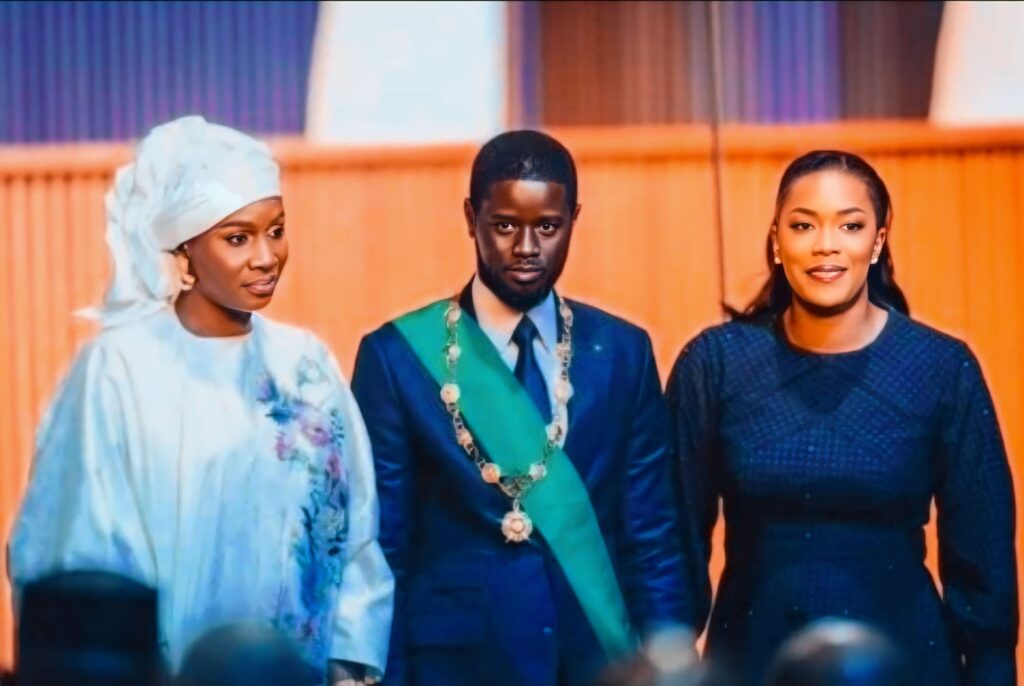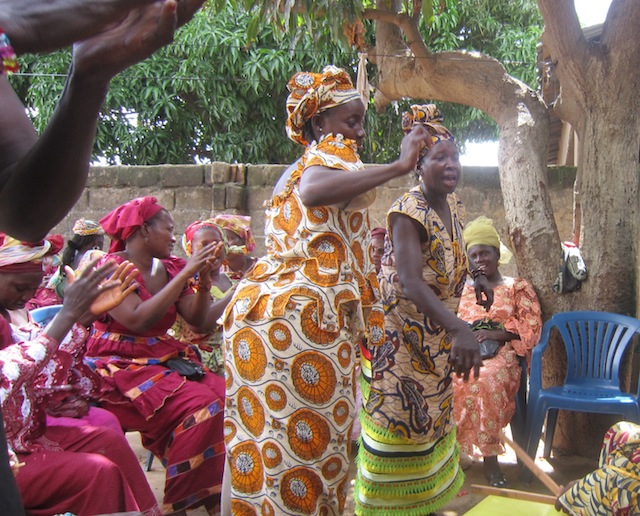In Senegal, an online storm rages about polygamy and homosexuality
Moïse Manoël-Florisse, is an African-Caribbean online journalist keeping an eye…
Commentary about Senegal’s new president stirred up a homophobic hornet’s nest.

Last month’s commentary by Clair Rivière in the online French investigative publication Mediapart described Bassirou Diomaye Faye, Senegal’s new president, as seeking a gentle break from the nation’s colonial past.
That wasn’t controversial. Neither were the various comments, pro and con, that Rivière reported from his interviews with activists and academics in Senegal. His article was balanced journalism, but it was published behind a pay wall so it did not reach many readers.
Instead, people tended to read just two introductory sentences, which stated that Faye’s party “intends to challenge the neocolonial status quo. But its ambiguity on the place of women and homosexuals raises questions.”
Senegalese commentators rushed to defend the nation’s acceptance of polygamy and its rejection of homosexuality.
Some claimed that Senegalese tradition is the only justification that’s needed for both homophobia and polygamy.
On X/Twitter, people tweeted:
“In Senegal, we’re homophobes. We don’t hide it.”
“Polygamy is part of life in Africa so it is rather a good thing that the Senegalese president appears with his two wives. As for homosexuality, we must stop believing that this will happen in many African countries. You’re wasting your breath !”
“It’s better to have two women as wives than to have one man as a wife.”
“Know that our civilization accepts two wives. You are not the center of the world.”
“Ah, France, which finds it normal for two men to mate but a man cannot have several wives. So condescending! Prepare to be an underdeveloped country. Your cash cow, Africa, is kicking you out.”
The controversy demonstrates how far apart France and Senegal are in their attitudes about marriage.
Many people in France support marriage equality and believe that polygamy destroys women’s rights.
In contrast, many people in Senegal believe that polygamy poses no danger to women’s rights and that gay marriage is repulsive.

But not everyone in Senegal shares those beliefs. A 2012 Inter Press Service article makes that point with the headline “Polygamy Throttles Women in Senegal.”
“Polygamy is a form of modern slavery,” a Senegalese women’s rights advocate was quoted as saying. “Women involved in this form of marriage have no voice and no channels to complain.”
A 23-year-old woman who was forced to marry a 48-year-old rich man, agreed. “Polygamy is hell and a pack of lies,” she said.
Senegal ranks at No. 104 out of 146 nations in terms of women’s economic participation and opportunity, educational attainment, political empowerment, and health and survival, as measured in the Global Gender Gap Index of the World Economic Forum.
For Erasing 76 Crimes, Senegalese human rights activist Sadio Dupuy Des Islets (pseudonym) analyzed the controversy.
Sadio Dupuy Des Islets stated:
The reactions of the Senegalese press to the Mediapart article have led to a damaging conflation between the defense of polygamy and the rejection of homosexuality in Senegal, in a sort of confusion in public opinion between the two debates, which overlap but have nothing to do with each other.
Polygamy does not necessarily represent a prevalent threat to women’s freedom, insofar as it is a minority patriarchal practice affecting only one-third of Senegalese households. In 2018, only 35.8% households were polygamous, according to Senegal’s Agence Nationale de la Statistique et de la Démographie.
What’s more, it is far from being a systematic requirement for women to take an older man as their husband. Without denying that there may be cases where women are forced into polygamy against their will, which remains unacceptable, it would be totally caricatural to see it as a norm.

In this sense, I find that there is a feminist and slightly racist bias in seeing the bigamy of Senegal’s new president, Bassirou Diomaye Faye, as oppression of women, insofar as his two wives consent to this union, with free will and in an enlightened manner.
The same is true of the Islamic veil in public spaces in France, where some feminists see it as a sign of loss of freedom for women and a symbol of submission to patriarchy, while others claim the freedom to wear it. As a human rights defender, my position is unambiguous: I will always be on the side of freedom and against any form of diktat, especially when it comes from abroad or internationally.
On the other hand, the situation faced by LGBT+ people in Senegal has nothing to do with the polygamy debate. Homosexuals in Senegal are indeed experiencing extremely serious infringements of their fundamental freedoms, such as the right to see each other or to meet and have fun, even in a private setting. Article 319 Paragraph 3 of the Penal Code stipulates that anyone who commits an “indecent or unnatural act” with a person of the same sex is liable to five years’ imprisonment and a fine of 1.5 million CFA francs (2,500 euros).
Finally, we note that homophobia and the rejection of feminism are deliberately exploited by some to express anti-French sentiment in response to a simple press correspondent simply transcribing the words and phrases of his local interviewees.




